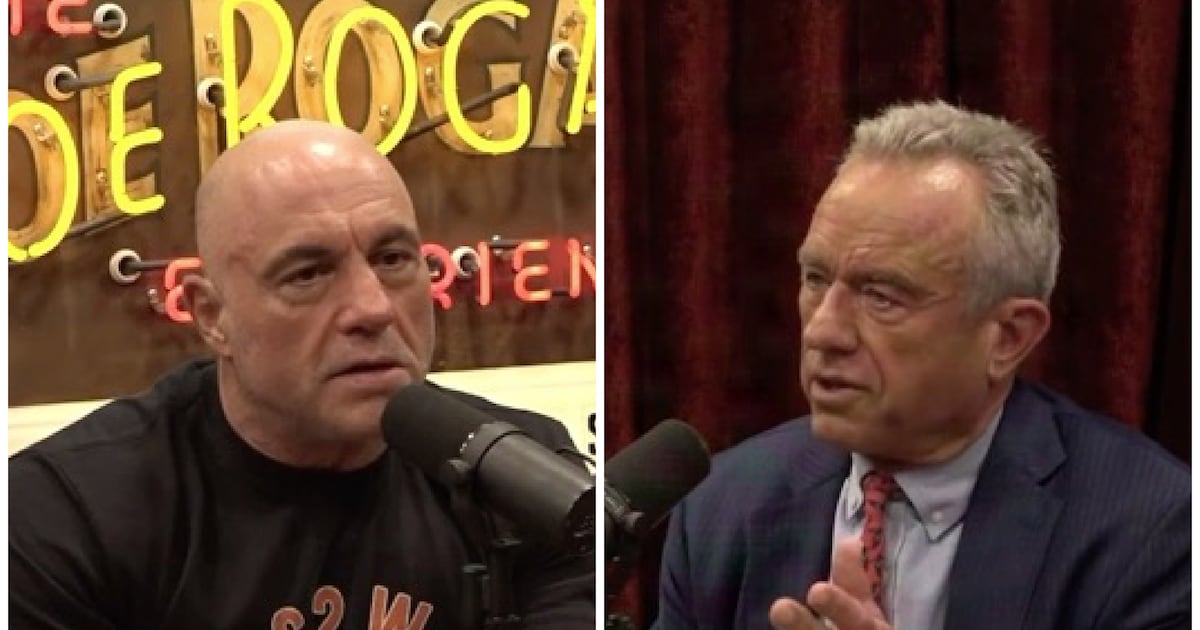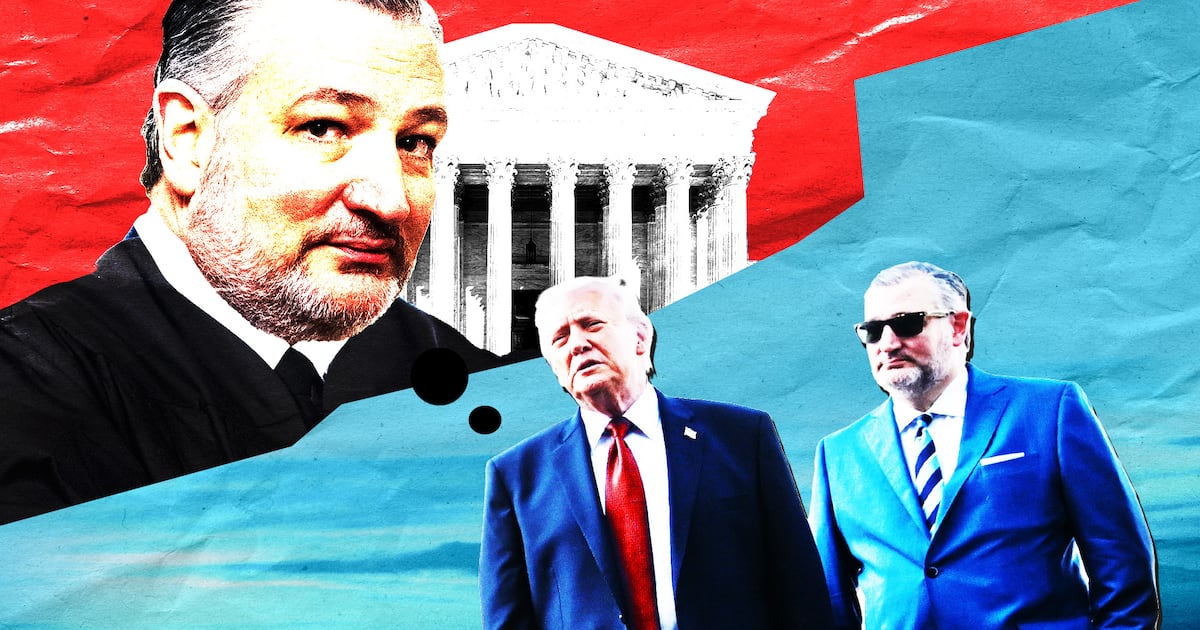“Are you going to quit or are you going to keep playing?”
That was the question Brooklyn-based asset manager Zeke Smith asked himself after he was outed as transgender by fellow Survivor contestant Jeff Varner in an episode of the reality competition show filmed last year and aired on CBS in mid-April.
“Why haven’t you told anyone here you’re transgender?” Varner had asked Smith in front of their entire tribe as they discussed that night’s elimination vote, arguing that Smith keeping his identity a secret was proof of his capacity for “deception.”
The strategy backfired. After an emotional and at times chaotic discussion, Survivor executive producer and host Jeff Probst circumvented the normal voting procedure—in which contestants deposit handwritten votes one by one into an urn—and the tribe unanimously ejected Varner from the game in an oral vote. Smith, who spent much of that “tribal council” in stunned silence before finding his voice, decided to keep going.
“I was never going to quit,” Smith told The Daily Beast. “The answer was always you have to keep playing.”
Known for his bold and—he admits—“reckless” playing style in the so-called social game that is Survivor, Smith managed to last for three more votes before being eliminated in the episode that aired this Wednesday night.
Both he and Probst believe that the outing incident may have impacted his ability to get further in the game—not because his fellow contestants didn’t want to play against a transgender person per se, but because the “personal story” he now had as a result of the outing might have given him a competitive advantage later in the game.
“Who’s to say if I would have made it longer?” Smith told The Daily Beast. “But I remember waking up the next morning [after the outing] and thinking, ‘I’m toast.’ There was just this cosmic shift in the atmosphere.”
In the finale of any Survivor season, a jury composed of eliminated contestants from that season votes to decide which of the final three players will receive a million dollars. And Survivor juries have a history of rewarding players who can construct a compelling personal narrative out of their time on the show. That’s why, as Probst told The Hollywood Reporter, “there is a high probability that [Smith] would have lasted longer” if Varner hadn’t outed him. Smith had become “too big of a threat.”
Smith, ever the Survivor strategist, told The Daily Beast that he felt “handcuffed” and “hamstrung” by the outing incident—and that it was obvious no one wanted to make alliances with him that would take him to the endgame.
But he didn’t let that keep him from competing. Nor does he resent his fellow contestants for voting him off, in part, to defuse his “personal story,” even calling it “good gameplay to not let me get very far.”
“That’s the name of the game,” he said. “If I were on the other side, I think I would have treated me the exact same way.”
He doesn’t blame his elimination completely—or even primarily—on the outing incident, either. Over the last few episodes, Survivor fans have watched Smith try to influence elimination votes with “big moves” that sometimes backfired. That’s because Smith decided that he wasn’t going to stop taking risks in the game after the outing incident.
“I ultimately think I got voted out because I wasn’t really going to sit back,” he told The Daily Beast. “I said to everybody, ‘No, I’m here to play and I’m going to come after you.’ And I think that got me voted out more than my story.”
The last few weeks have been a rollercoaster ride for Smith, who has now been outed as a transgender man not just to his small Survivor tribe but to millions of viewers. Some argued that CBS should not have aired the episode or found a clever way to edit around the tribal council.
The repeated refrain on Twitter was that Varner outed Smith to his tribe but CBS outed him to millions. And, in the initial aftermath of the episode, there were questions about whether the network was “exploiting” a contractually-bound contestant.
But Smith told The Daily Beast he never once wanted it to be omitted from the show and never requested that CBS edit around the moment.
“It never crossed my mind that it shouldn’t air,” he told The Daily Beast. “I never asked [CBS] for it not to air. And a couple of days after I got voted out, Probst and I started talking about how we were going to handle the next nine months—and we both approached it from [the perspective of] how we can turn this dark moment into something positive and do something good with it.”
A New York Times report the morning after the outing aired revealed that Smith, CBS, Probst, and the LGBT advocacy group GLAAD worked together over those nine months to fine-tune the episode and handle the subject respectfully. (Probst also told the Times that Smith was aware that the subject of his gender might “come out” during the show, and that Smith had promised to “handle that as I need to, if it does.”)
The episode ended up sparking a national conversation about the perils of outing transgender people—which can include, as GLAAD notes, losing “jobs, housing, friends, or even their lives”—that reached a large audience across the political spectrum.
The day it aired, Varner issued a public apology on Twitter. Smith has found it challenging to forgive him; as he wrote in a Hollywood Reporter guest column, Smith is willing to “reconcile the personal slight of him outing me” but “forgiveness does not require friendship.”
“I can’t foresee us sipping martinis together in Fire Island,” he wrote.
One person he would like share a cocktail with, however, is Jeff Probst. Smith gives the longtime host of Survivor credit for not turning the outing incident into an overly sensational reality show moment. That process began, Smith told The Daily Beast, immediately after Varner outed him, during the ensuing hours-long tribal council, which was edited for length in the finished episode.
“The other really impressive thing [Probst did] that I don’t think another reality show host would have done is leave me alone,” said Smith. “He saw that I needed some time and really didn’t call on me for most of 45 minutes or an hour.”
A lesser host, Smith suspects, might have immediately pivoted from Varner to Smith while filming in an attempt to squeeze an emotional reaction out of the newly-outed transgender contestant. It would have been, Smith admits, “a golden moment to exploit.” But instead, Probst gave Smith time to recover and gather his thoughts before looping him into the discussion.
“For him this has never been ‘Transgender Shocker!’” Smith told The Daily Beast, mimicking the tone of the sensationalist and transphobic headlines that often surround stories like his. “And it would be for a lot of other reality shows.”
At the end of that tribal discussion, Smith told his tribe—and accordingly the world—that he would rather be known as “Zeke the Survivor player” rather than as the first transgender Survivor player.
But even though Smith’s personal story certainly impacted his time on the show, he believes that most people—from his fellow contestants to the fans—still see him as just that: Zeke the Survivor player.
His fellow contestants got to know him as a person first in an environment where any discussion of politics and religion is generally frowned upon to maintain unity.
“Before Survivor I didn’t have any friends who voted for Trump, Smith said. “And now I have many friends who voted for Trump—and that’s a beautiful thing.”
And although the show’s fanbase discussed the outing incident at length last month on the Survivor subreddit and fan podcasts, they quickly resumed their running discussion of Smith’s strategy as a player. Smith told The Daily Beast they quickly “move[d] on” and “evaluate[d] him as the sloppy, reckless Survivor player that he is.”
Overall, he believes that the treatment he’s received “marks a sea change in the way in which trans people are treated in America”—a shift toward seeing transgender people as people first and foremost.
In exit interviews, Smith hasn’t ruled out the possibility of returning to Survivor one day. But he told the Hollywood Reporter that, for now, as a “queer history nerd,” he’s looking into future projects that would allow him to help “connect” LGBT youth with their own history. And in a way, Survivor has connected Smith with his own personal history.
“Transitioning really knocked me off my high horse,” he told The Daily Beast, noting that he was once a “pretty impressive youngster” who “dreamt big” and “went after things with tenacity.”
“I stopped kind of taking big swings at life and Survivor was really the first big one I took [after transition],” he said. “It scared the hell out of me. But I threw everything I had at it.”
Competing on Survivor, Smith says, helped him regain confidence—even if it resulted in him being blindsided with a public outing.
“I don’t know that this is the Survivor experience I would have picked,” Smith admits. “I think, in fact, if you gave me a glimpse into the future and showed me what my Survivor experience would have been, I would not have done it. But I’m proud of the man that Survivor forged.”






